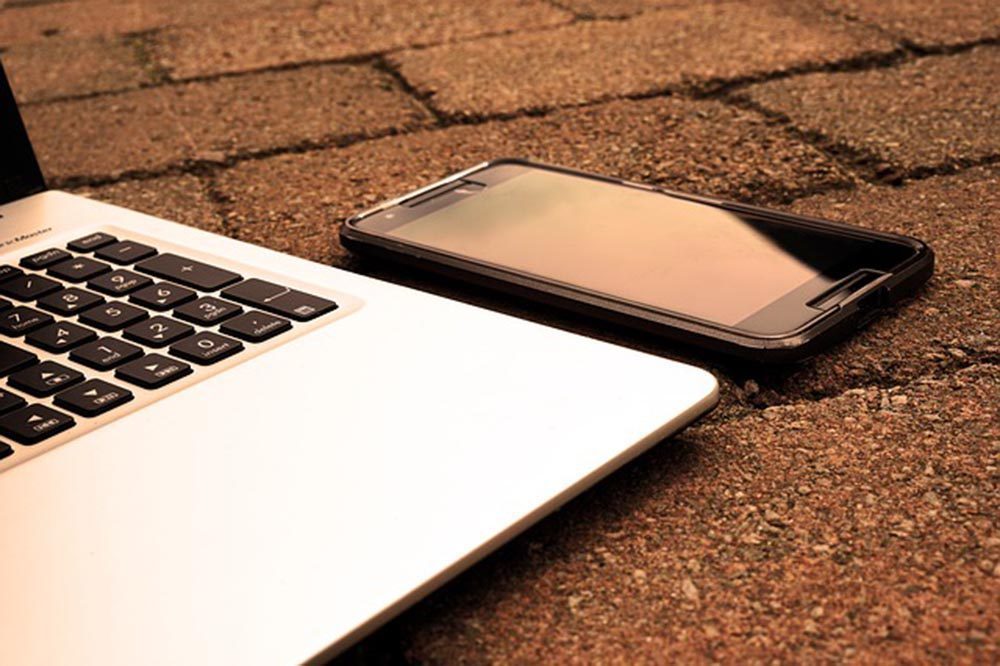
How To Reduce and Stay Out Of Debt
This is a collaborative post
Debt can be entirely overwhelming which is why it’s often so challenging to face. Unfortunately, it’s an issue that only gets worse if you neglect it. Action is the only way to improve issues of debt, there’s no other way around it.
However, you’re not alone. There are charities and organisations on hand to help you if needed. Alternatively, read below for some information that you might be able to use to start your journey to defeating debt.

How does debt impact our health and wellbeing?
Financial wellbeing plays a pivotal role in general health and wellbeing, although many people fail to make the connection. The relationship you have with money determines most aspects of your life, including your diet, health, social connections, living arrangement, standard of living and many other areas.
Research suggests that 50% of adults with debt issues also suffer from poor mental health. This is likely a two-way relationship – finding the energy to manage your money can be harder if you’re suffering mentally, but feeling trapped by heaps of debt can make your mental health worse.
Constant anxiety, depression, isolation, guilt, fear and the use of substances are all common challenges for people living with high levels of debt. Worse still, debt and wellbeing are so often connected as part of a downward spiral, so clearing debt and staying out of it is vitally important.
How to pay off debts
Facing your debt is often the scariest part of it all. If you’ve been putting off coming to terms with what you owe, then this is the critical first step. Make a list of all your debts, who you owe and the amount. With a clearer picture, think about these next steps:
- Tackle debt in order of interest rate – You should always target debts with the highest interest rates first because these cost you the most the longer they’re left unpaid. Once these are sorted, you can move on to debts with lower interest rates.
- Be prepared to sacrifice for a while – Clearing any debt is likely to be a slow process and you’ll have to be prepared to sacrifice for a while. You may need to postpone or cancel things like holidays, celebrations and other luxuries while you’re paying off debts. The sooner you start, the sooner you’ll be debt free.
- Combine your debts – If you owe lots of different parties, you could regain some sense of control with a bad credit debt consolidation loan. These can pay off your loans to other people, combining your debt into one outstanding balance for you to pay off.
- Make consistent payments – Try to be as consistent as possible with repayments. It should help you to pay off debts faster and make it easier for you to stick to the plan.
- Pay off only what you can afford – You’ll naturally want to pay everything off as quickly as possible, but be careful not to commit to repayments that will jeopardise other aspects of your life and finances. You don’t want to start accumulating more debt, so pay what you can realistically afford.
How to stay out of debt
Once you’ve cleared your debts, staying out of debt becomes the next challenge. Fortunately, it should be easier to avoid going into debt than it was to clear it. Try to follow these guidelines:
- Budget precisely every month to give you more visibility and control
- Only buy what you can afford with cash or your bank balance
- Learn how to say no
- Only use credit as a last resort and pay it off ASAP
- Build your savings to give you more financial resilience





